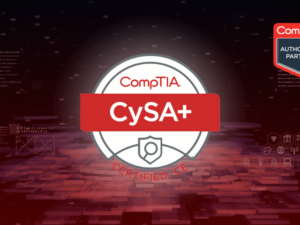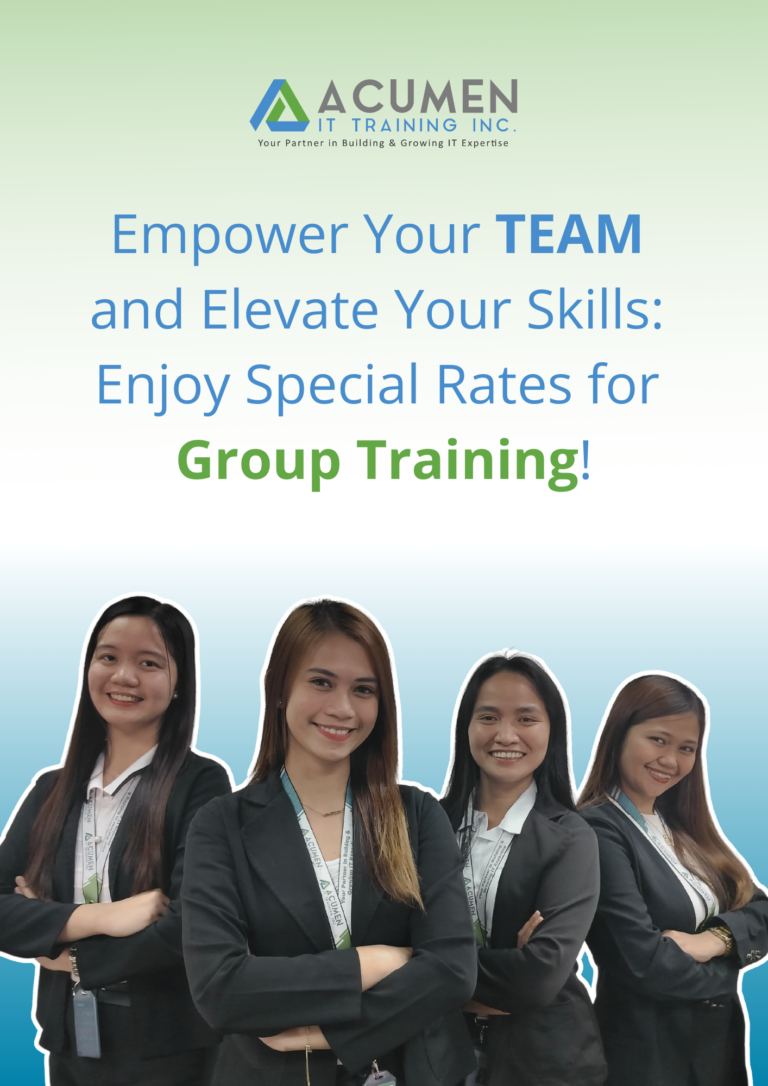CRITICAL THINKING SKILLS WORKSHOP
- Description
- Reviews

CRITICAL THINKING SKILLS WORKSHOP
COURSE DESCRIPTION
How would you differentiate the truth from fiction? How would you steer away from your own biases and fallacies to have a clear-sighted view of things? How would you tell when someone’s trying todelude you intentionally?
Developing skills toeffectively reason through problems and topresent arguments in a logical, compelling way is a necessity in today’s VUCA world. This two-day Critical Thinking Workshop will certainly provide participants with some practical tools and hands-on experience, besides some basic groundwork for skepticism and critical thinking. For instance, they would learn:
✓ How todistinguish their thinking styles, including areas of strength & improvement?
✓ How tocreatively improve their analytical and problem solving skills?
✓ How torecognize fallacies in media?
✓ How topick out spurious statistics?
✓ How tocraft and present powerful arguments?
✓ torecognize when technical or scientific terms are being misconstrued.
✓ How toidentify and investigate varied information, direct probing questions & ultimately determines the root cause of the problem?
✓ Gauge potential solutions opposed tocosts / benefits
This workshop encapsulates the goals and consequences of critical thinking, as well as items tobe aware of when learning how tothink critically, including cognitive biases and logical fallacies. The program also covers the value that comes from both individual thinking and group-based thinking, as well as the various disadvantages that come with both territories. Strategic planning is also discussed, specifically scenario planning, and the requisites and consequences of that planning type.
Creativity is taught, in terms of what it is, what its consequences are, and how tocultivate it. This course is intended for those whoare interested in gaining a basic sense of thinking and developing their cognitive abilities, tobetter their lives as individuals, and tomake them better and stronger employees, team members, and leaders. By the end of this program, participants will be a savvier reader and listener, and have a better ability toarticulate their own views clearly and accurately.
METHODOLOGY
This is a practical, interactive, and lively workshop. The methodologies include interactive lectures, group discussions and presentations, skills building exercises, role-plays, self-reflection for action planning, and peer/team/facilitator assessment.
COURSE OUTLINE
DAY 1
Module 1: Introduction & Ice-breaker
•Workshop Overview
•Course Objectives
•Participant Expectations
✓ What are your 3 takeaways from this workshop?
Fundamentals of Thinking
•Understanding Critical Thinking
•Characteristics of a Critical Thinker
•Common Critical Thinking Styles
Lateral and Creative Thinking
•Left and Right Brain Thinking
•Whole-Brain Thinking
•Activities & Group Discussion
Module 2: Critical Thinking Process
•Critical Thinking Model
•Identifying Issues and Arguments
•Clarifying the Issues and Arguments
•Establishing Context
•Checking Credibility and Consistency
•Evaluating Arguments
Critical Thinking in Problem Solving
•Activities & Group Discussion
DAY 2
Module 3: Hindrances to Reasoned Decision Making
Module 4: Critical Thinking in Decision Making
•Asking Questions
•Probing Techniques
•Pushing my buttons
•Critical Thinking Questions
•Active Listening Skills
•Activities & Group Discussion
Module 5: Critical Thinking in Crisis Management
Module 6: Critical Thinking in Idea Generation
•Techniques for Thinking Creatively
•Edward De Bono’s Six Thinking Hats
•Activities & Group Discussion
Module 7: Developing Critical Thinking Habits
•Putting it intopractice
Leading in the New Norms (especially during this pandemic)
•Presentations & Action Plan
Closing
Please contact us for the full course outline, schedules and for booking a private class.
Popular Courses
Archive
Working hours
| Monday | 9:00 am - 6.00 pm |
| Tuesday | 9:00 am - 6.00 pm |
| Wednesday | 9:00 am - 6.00 pm |
| Thursday | 9:00 am - 6.00 pm |
| Friday | 9:00 am - 6.00 pm |
| Saturday | Closed |
| Sunday | Closed |









